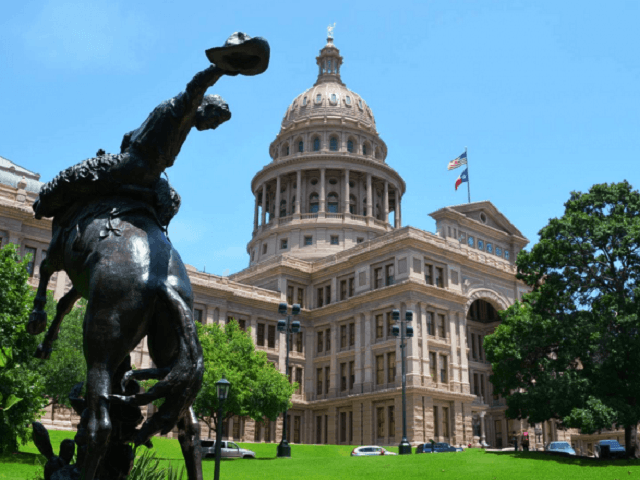This year, the Texas Legislature will consider legislation rolling back local restrictions on property rights, economic freedom, and the right to vote. Opponents of these reforms have been working hard to create a false narrative that Texas legislators are abandoning their faith in local self-governance in favor of central planning by the state. In short, they claim that the Texas Legislature—long time champion of state’s rights and decentralized government—hypocritically abandons its principles when local governments stray from state orthodoxy.
But this position is based on a fundamentally flawed view of government power in general, and of local control in particular. When any government (federal, state, or local) exceeds its inherent authority, or violates the rights of its citizens, it is not exercising local control; it is exercising arbitrary force and must be reined in. By reining in overreaching local governments, the Texas Legislature is not abandoning its preference for local control, but merely recognizing that local control is subservient to its higher purpose—limited government and personal freedom.
This principle dates back to our nation’s founding. The concept of federalism enshrined in the 10th Amendment was not based on the inherent virtue of local authority for its own sake, but on the premise that divided government and local control is an effective means to limit the growth of government power and preserve liberty. As the Supreme Court recently explained, the federal system “rests on what might at first seem a counter-intuitive insight, that ‘freedom is enhanced by the creation of two governments, not one’.” Put another way, liberty is the goal of government; local control is but a means to get there.
Recently, local governments have imposed draconian restrictions on short-term rentals, (like Home Away an air B&B), ridesharing (like Uber and Lyft), and the right to vote (by utilizing involuntary annexation), just to name a few. Many of these restrictions violate the fundamental rights of Texans on their face. For example, the city of Austin’s restrictions on short-term rentals require property owners to submit to warrantless searches of their homes by code compliance at any “reasonable time” and require rental guest to be in bed asleep by 10 pm. This violates clear Supreme Court precedent. The City of San Antonio continues to aggressively annex surrounding suburbs, subjecting them to regulations and taxes for which they never had an opportunity to vote. These suburbs are not even allowed to vote on whether or not they will be annexed. The City of McKinney takes this even further by imposing land use regulations outside of the city limits, even though state law and commonsense dictate otherwise.
To say that these local usurpations of power amount to local control, is to say that local governments can simply ignore the Constitution. Such a broad view of local authority is foreign to the American tradition.
Under our system of divided government, each level of government is subject to checks by the others. When states pass laws that exceed the their legislative powers, or violate individual rights, the Fourteenth Amendment provides Congress and the courts explicit authority to act to limit state abuses. When the federal government exceeds it’s lawful authority, both the Tenth Amendment and the threat of an Article V convention of the states provide a mechanism whereby states may fight federal overreach. Finally, when cities exceed their authority, the Texas Constitution provides the state legislature with explicit authority to rein in local abuses.
These checks are not contrary to “local control,” because they only apply when governments exceed their authority or infringe on basic freedoms. None of these checks provide authority for a centralized government to intrude on local control in matters of policy. Put another way, local control, rightly understood, means that local governments have the last say in matters of policy. They do not, however, have the last say in matters of liberty.
Liberty precedes government and gives it purpose. The second line of the Texas Constitution makes clear that state government exists solely to establish the “great and essential principles of liberty and free government.” If that means the state legislature occasionally has to tell cities no, then that is ok. Economic freedom and private property rights aren’t matters of policy; they are fundamental human rights and the building blocks of Texans’ prosperity. The state would do well to preserve them.
Chance Weldon is an attorney with the Center for the American Future at the Texas Public Policy Foundation.

COMMENTS
Please let us know if you're having issues with commenting.